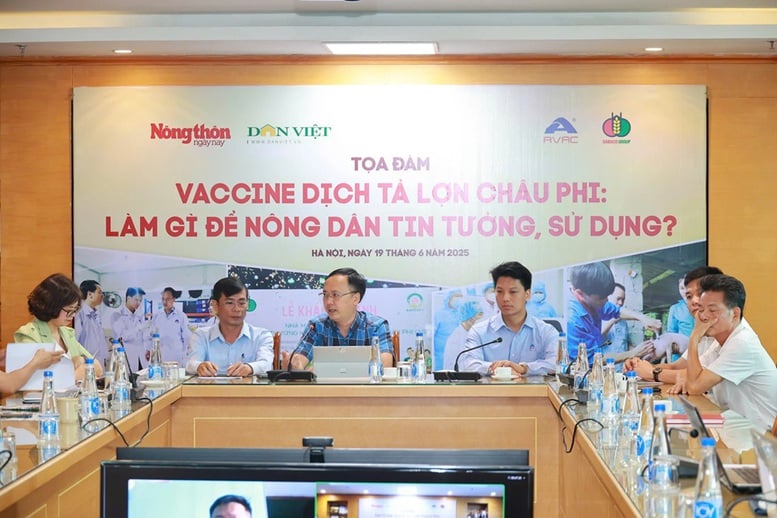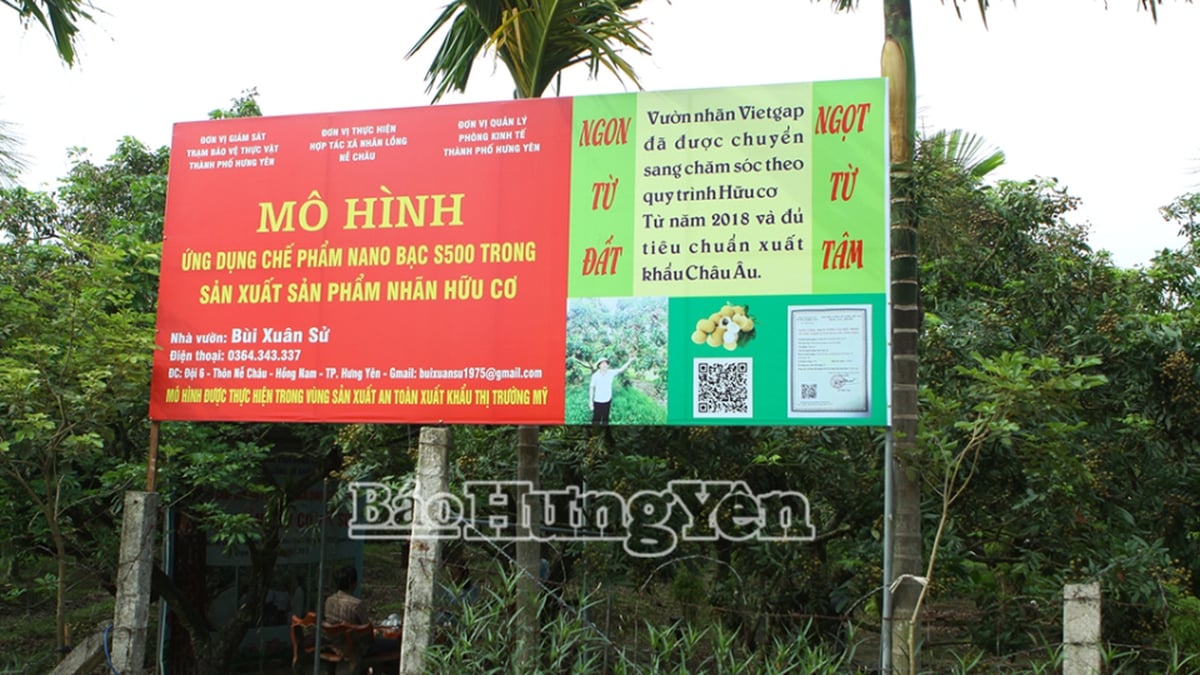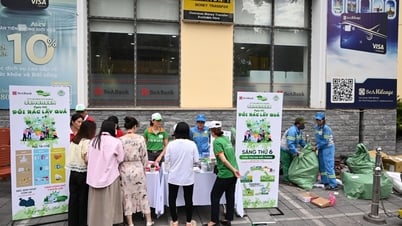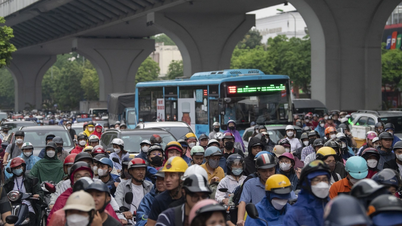
Mr. Phan Quang Minh, Deputy Director of the Department of Animal Husbandry and Veterinary Medicine - Photo: VGP/ Do Huong
Today (June 19), Nong Thon Ngay Nay/Dan Viet Newspaper in collaboration with the Department of Animal Husbandry and Veterinary Medicine ( Ministry of Agriculture and Environment ) organized an online discussion with the topic "African Swine Fever Vaccine: What to do to make farmers trust and use it?" to find solutions to increase vaccination rates, protect pig herds and develop sustainable livestock farming.
According to a report from the Department of Animal Husbandry and Veterinary Medicine, in the first 6 months of 2025, the country recorded 251 outbreaks in 35 provinces and cities, a decrease of 14.63% in the number of localities with outbreaks, 61.79% in the number of outbreaks and 81.27% in damage compared to the same period in 2024. The national plan for epidemic prevention and control for the 2020-2025 period has nearly achieved its target with more than 99% of communes, wards and towns free of outbreaks in the last two years.
The African swine fever vaccine, licensed for circulation since May 2022, has played an important role. To date, nearly 7 million doses have been produced, of which more than 4 million doses have been used domestically and about 1 million doses have been exported. About 35,000 households in 45 provinces and cities have applied it, with a protection rate of 97-99%, confirming its outstanding effectiveness.
Mr. Vu Van Hoat, Head of the Department of Animal Husbandry - Fisheries and Veterinary Medicine of Hai Duong province said: "Implementing Directive 41 and the direction of the veterinary sector, on Hai Duong's side, we have vaccinated since the end of 2024, injecting nearly 50,000 doses on the pig herd in the area. During the vaccination process, we monitored and took samples to evaluate the effectiveness of the vaccination. When the pigs were vaccinated for 28 days, we took 181 samples from 17 households, in 8 districts and 15 communes for evaluation. The evaluation results showed that 100% of the samples achieved a 100% protection rate, the pigs were healthy after vaccination, developed well, and created immunity".
Mr. Hoat added that pigs vaccinated for 2024 have been sold, and those vaccinated for 2025 have been evaluated as safe and effective. Only a few pigs have mild fever and joint pain. We give vitamins to improve the health of the animals.
In fact, although the vaccine has proven effective, the vaccination rate remains low for many reasons. Insufficient awareness among livestock farmers about the danger of the disease and the benefits of vaccines is a major barrier. The price of the vaccine, about 60,000 VND/dose, although not the main factor, is still a burden for small households. In addition, unclear information about the effectiveness of protection, concerns from large enterprises and risks from fake vaccines or vaccination of the wrong subjects also reduce confidence.
To ensure nationwide vaccine coverage, the synchronous solutions proposed at the discussion include providing transparent and detailed information on vaccine efficacy and safety through official media channels. Successful models, such as in Hai Duong, where 50,000 doses were administered with a 100% protection rate, should be disseminated to build trust.
Veterinary staff at the grassroots level need to be thoroughly trained to guide people in vaccinating the right subjects (pigs from 4-8 weeks old), following the correct procedure and monitoring health after vaccination.
Use licensed vaccines, avoid counterfeit products. QR code stamps and traceability from companies like APHARMA help people check quality.
Currently, the vaccine is only applied to pigs. Enterprises are researching expanding it to sows, boars and gilts to create immunity for the entire herd, reducing the risk of infection.

Overview of the discussion - Photo: VGP/Do Huong
Vaccines are the "second line of defense" but must be combined with biosecurity. Disinfection, sterilization of barns, control of breeding stock and environmental sanitation are key factors. Mr. Phan Quang Minh, Deputy Director of the Department of Animal Husbandry and Veterinary Medicine (Ministry of Agriculture and Environment) said that the first and most important reason lies in the awareness of farmers. Many households are not really aware of the dangers of African swine fever and the importance of vaccination to protect pig herds. "Information about vaccines and their effectiveness has not been fully and clearly communicated to people. All outbreaks that have occurred in recent times are related to unvaccinated pig herds. This information needs to be widely disseminated so that people understand and are more proactive in vaccination," Mr. Minh emphasized.
To increase the successful vaccination rate, it is necessary to have the synchronous participation of management agencies, livestock farmers and especially vaccine suppliers. Here, enterprises do not just stop at providing vaccines but during the implementation process, they need to actively accompany and provide technical support, ensure proper transportation and storage procedures, provide instructions on vaccination for the right subjects and dosages and promptly handle post-vaccination incidents if any.
Do Huong
Source: https://baochinhphu.vn/bao-phu-vaccine-giup-bao-ve-phat-trien-dan-vat-nuoi-102250619162510746.htm




































































































Comment (0)